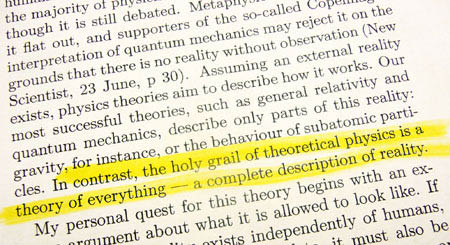Most guides to better writing include, somewhere in the top ten tips, something about avoiding hackneyed cliches. Hackneyed cliches like describing the search for something special as a “quest for the Holy Grail.”
Here’s how bad it is.
“In 2008, Guardian columnist Tim Radford wrote: “British journalists have invoked the holy grail more than 1,000 times in the last 12 months. I have, almost certainly, evoked the same divinely-touched chalice, rightly celebrated in Arthurian legend, in some inappropriate context. We are all guilty… Grail imagery occurs with astonishing frequency in the scholarly press. Somewhere in the medical literature, I suspect, lurks a paper about the holy grail of hip replacement.”

This is a good story on the Holy Grail pandemic. Unless you’re actually searching for the cup Jesus allegedly drank out of on the cross, King Arthur style, then you should find a better phrase.
“Ten years later [in 1978], Stephen J. Lippard, then at Columbia University but currently at the Massachusetts Institute of Technology, put the first holy grail into a research article in an ACS journal when he wrote a paper on how platinum antitumor complexes interact with polynucleotides and kill cancer cells. “As with the Holy Grail of medieval legend, the joy thus far has been in the searching,” Lippard wrote.
Since then, holy grails in chemical research have been steadily on the rise. Including Lippard’s, three holy grails appeared in ACS journals in the 1970s, and five could be found in the 1980s. During the 1990s, 39 research articles in ACS journals made mention of a holy grail, and since 2000, 169 research articles invoked the sacred goblet. A SciFinder search shows this trend of chemists gravitating toward grails holds true for non-ACS journals as well.”